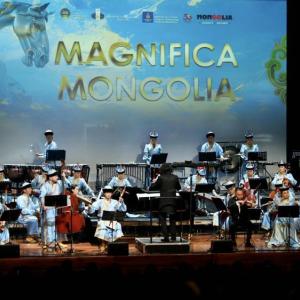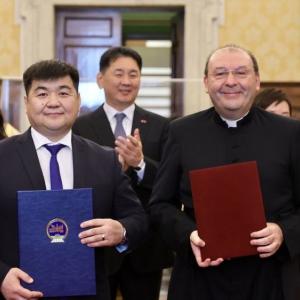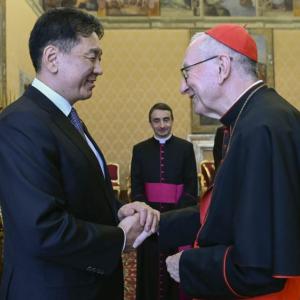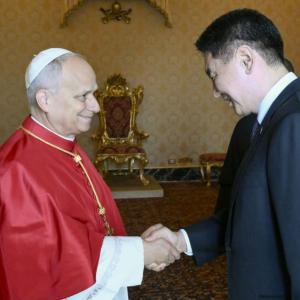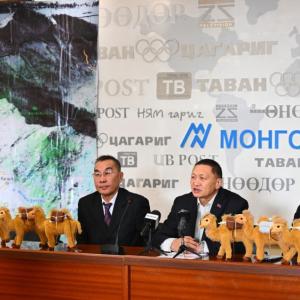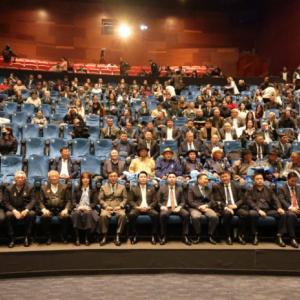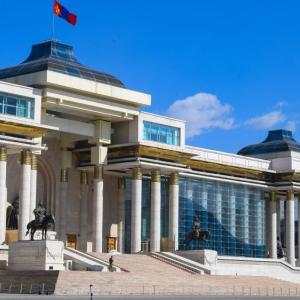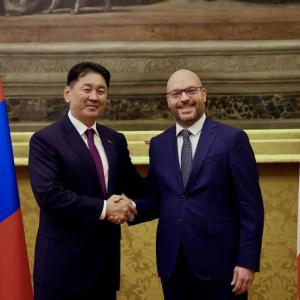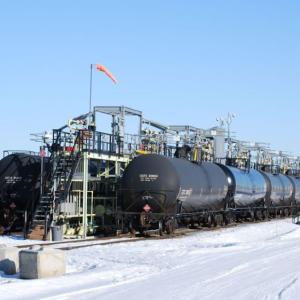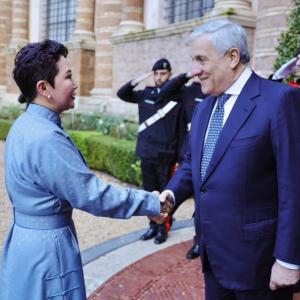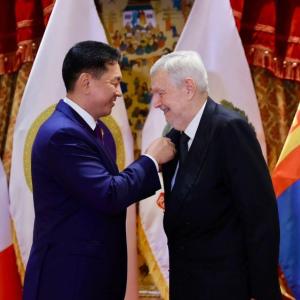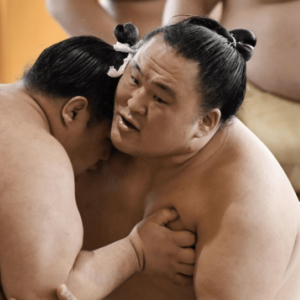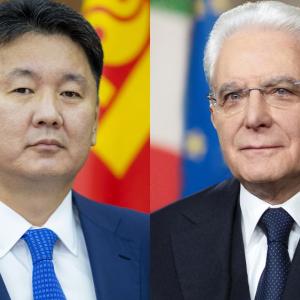Mongolian and South Korean Artists to Perform “Madama Butterfly” in Ulaanbaatar
Art & Culture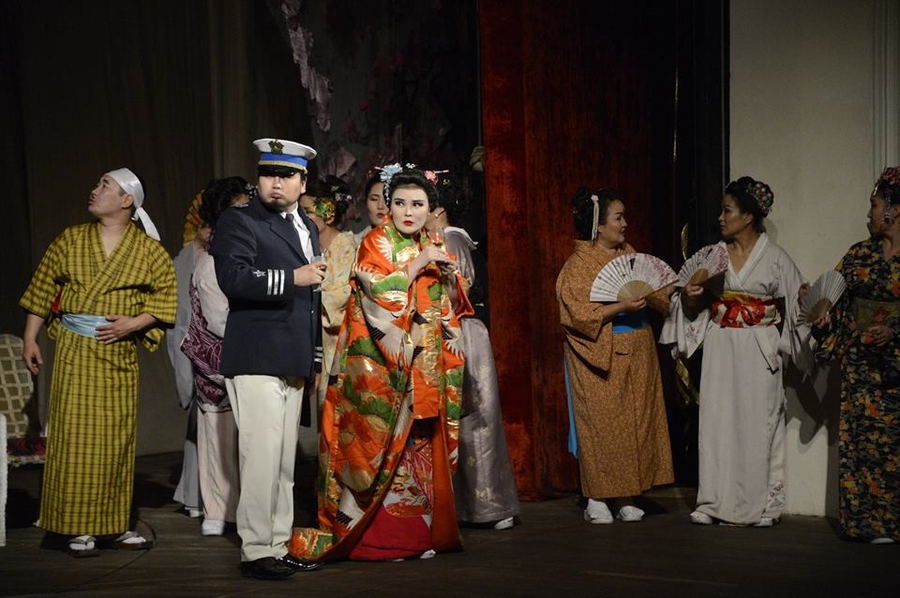
Ulaanbaatar, June 5, 2025 /MONTSAME/. On June 7-8, 2025, the Mongolian State Academic Theatre of Opera and Ballet will stage Giacomo Puccini’s renowned opera “Madama Butterfly” in a special cross-cultural production featuring Mongolian and South Korean artists.
The June 7 performance will feature South Korean soloists in the lead roles, while on June 8, Mongolian soprano G. Enkhnaran will take on the role of Cio-Cio San, alongside J. Enkhmaa as Suzuki.
“Madama Butterfly” was originally composed in two acts by Italian composer Giacomo Puccini and premiered at La Scala in Milan in 1904. Although the premiere was poorly received, Puccini quickly revised the work into a three-act structure. This revised version premiered later that year in Brescia to great acclaim. The libretto, penned by Luigi Illica and Giuseppe Giacosa, was based on the short story “Madame Butterfly” by American author John Luther Long.
Puccini continued refining the opera over the following years. A 1906 version premiered in New York, followed by further adjustments for a Paris production in 1907, where new vocals were introduced. Later that year, Puccini finalized the version that remains the standard for performances today. “Madama Butterfly” is now considered the sixth most frequently staged opera worldwide.
In Mongolia, the opera first premiered on April 17, 1967, under the direction of Lkhasuren Dalkhjav and conductors Damdinsuren Bileg and Chuluun Jamiyan.
Set in early 20th-century Japan, “Madama Butterfly” tells the heartrending story of love, sacrifice, and betrayal. The narrative centers on a Japanese woman, Cio-Cio San, who falls deeply in love with an American naval officer, only to be abandoned by him. Her unwavering devotion and ultimate fate highlight both her strength and vulnerability. While “Madama Butterfly” has drawn criticism for its portrayal of East-West colonial dynamics, particularly the character of Pinkerton, who embodies Western imperialist attitudes, it continues to be celebrated for its emotional depth and complex themes. In creating the opera, Puccini meticulously studied Japanese instruments, folk melodies, and traditions, skillfully blending Eastern musical elements with the Western operatic form.
 Ulaanbaatar
Ulaanbaatar










